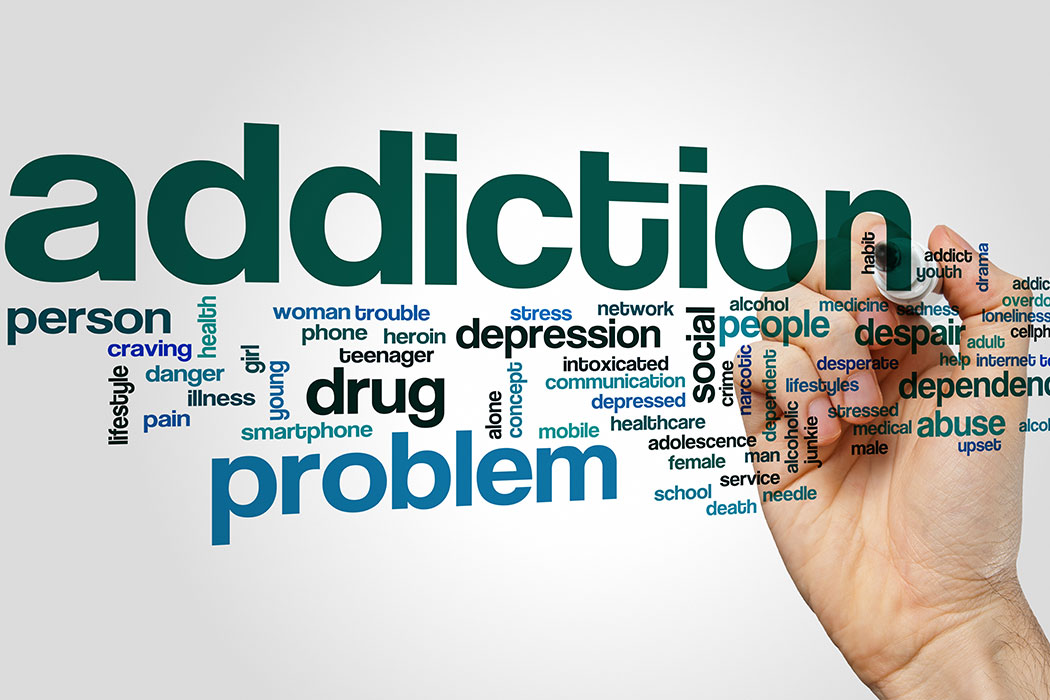Blog

Drug Addiction: The Real Costs Involved
The number of people currently addicted to some form of drug is staggering. In recent history, opioids steal the limelight. What started out innocently enough as a group of drugs that provided a way to ease the pain of people with injuries, chronic pain and pain connected to simple procedures such as having dental work is now an epidemic that affects millions of lives across the United States.
Dependency
Prescription drug addiction is not limited to any particular age, gender or ethnic background. In fact, it's pretty much widespread throughout most parts of the country. Opioids are potent and give the addict a feeling of euphoria, making them very difficult to break free of on your own. As a result, the abuser will do just about anything to acquire more pills. What's even more troubling is that they can actually cause you to lose the ability to feel good naturally, thus, creating a full-blown dependency just to feel like yourself. And, since everybody has a different tolerance level to medications, an overdose leading to death can happen randomly.
Cost of Rehab
In many cases of prescription drug abuse, rehab is essential for a full recovery. While the government takes on a heavy financial burden for the in-care treatment, the alternative, to do nothing, costs much more. Statistics say that drug rehab can cost between $5,000 and $25,000 per person. Whereas the cost of arrests due to drugs and long-term health care can run into the tens of thousands.
Benefits of Rehab
It’s recommended to enlist professional at an in-house facility when trying to break an addiction, especially with opiods. A licensed counselor and doctor will be there to take the person step by step with a focus on their health. A full program usually includes a detox phase, followed by ongoing treatment and aftercare. Withdrawal is the most difficult aspect of getting off drugs or alcohol, which is why it is important to be done right where patients can achieve a full recovery.
Long-Term Health Savings
An addiction to opioids can cause serious illnesses and chronic health issues. It can affect the immune system and put the addict at risk for more colds, the flu and viruses. If they use needles, it can cause the spread of HIV or hepatitis when people share, as well as a number of other harmful ailments like collapsed veins and hallucinations that now require regular therapy.
Ending the Epidemic
Physicians and pharmacists play a pivotal role in ending the opioid epidemic. They are the people that addicts see regularly. It's important to take notice of unusual behavior or more frequent visits to the office for non-visible injuries or pain reported without any symptoms. While doctors and pharmacists can't prevent all addicts from acquiring pills, they can help to drastically reduce the numbers.
Drug addiction costs more than the price of the pills or substance. It affects family, jobs and the community. It also puts a serious weight on the government in terms of increased healthcare costs. However, there is a light at the end of the tunnel, in that due to recent awareness the interest in putting an end to the epidemic is at the forefront.



Comments